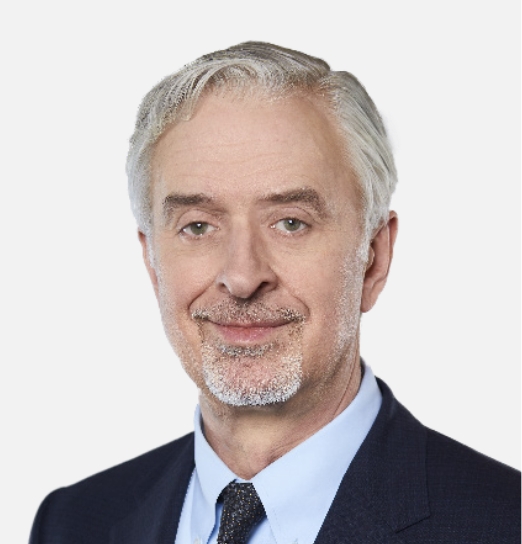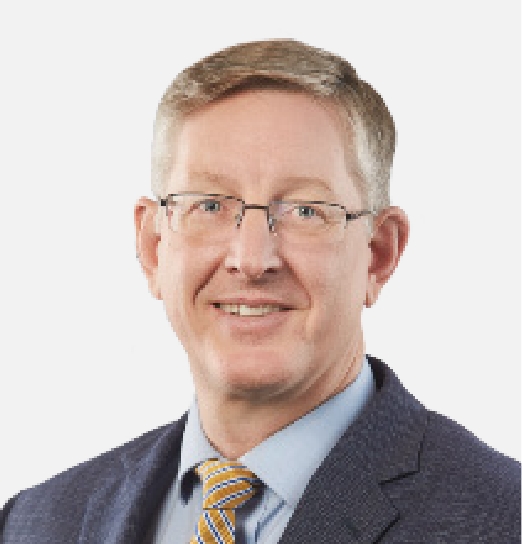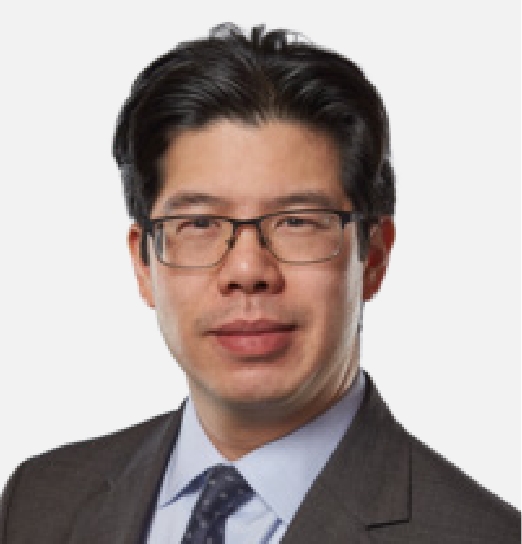Peter Kukielski, Chief Executive Officer; Andre Lauzon, Chief Operating Officer; and Eugene Lei, Chief Financial Officer, comment on the nature of the risks Hudbay is facing and how the company is working to manage risk.
Identifying key risks such as climate change, reserve depletion, commodity markets and social impact.
Peter Kukielski: The top three risks identified on our company risk register relate to advancing Copper World and its near-term risks that are progressively being mitigated and reduced, the political and social environment in Peru, and cybersecurity. There is one other top-of-mind risk in our industry – depletion. We continually need to grow our reserve base.
Eugene Lei: Commodity price, an uncontrollable factor, is the biggest value driver in our business. Additionally, market volatility impacts how much free cash flow we have, drives valuation, and affects our ability to invest or pursue deleveraging. Gold exposure and our expertise in low-cost operations help mitigate these impacts.
Andre Lauzon: Culture is important in mitigating social risks. Our values and processes act as checks and balances to ensure people are treated fairly, with the respect they deserve, and fairly compensated for the work they perform. We strive to ensure that employees have the opportunity to compete and be considered for roles that are always awarded based on effort and merit.
Businesses and governments around the world are working to address climate change. How will it impact Hudbay?
Peter Kukielski: Climate change will be a lasting challenge. Ambitious goals have been set for 2030 and 2050, and copper will play an essential role in helping the world work toward them. Other risks we may have to consider include inflation, recessions, labour force shortages and political volatility. Keep in mind that during Hudbay’s lifetime, the world has successfully met even greater challenges and that society will continue to need copper.
Eugene Lei: Climate change is a global issue that transcends borders, and each region’s response and prioritization greatly differ. Regardless of individual governments’ priorities, I believe that critical minerals, and the responsible mining and processing of critical materials, will be essential for the world to address climate change. From a capital and time investment perspective, finding and producing copper is becoming increasingly risky, and that risk needs to be mitigated somehow. For Hudbay, as a responsible producer of low-carbon copper, to deliver the copper the world needs, we must focus on attracting available government incentives and potential premium pricing for our product in the future.
Local stakeholder engagement is fundamental to earning a social licence to operate.
Peter Kukielski: In Peru, local stakeholders are our employees and the communities in our direct area of impact. To our employees, working conditions and remuneration are key – our turnover is low, so we are doing something right. To our communities, jobs and economic activity are important. We support communities with funding and training to establish local businesses, such as the community-owned trucking businesses that now transport over 30% of our concentrate from Constancia to the Matarani Port. In Manitoba, the move from Flin Flon to Snow Lake has been tough for some employees, but people in the region can still expect long-term opportunities. In Arizona, people are looking forward to the job generation of Copper World. While there is some opposition to development, we also have many allies who are working constructively with us to ensure Copper World brings sustainable long-term benefits to our local stakeholders.
Andre Lauzon: Mining always impacts the local area in some way; local stakeholders balance those impacts against the benefits they expect to receive from our presence. Through consultation, Hudbay seeks to build understanding and demonstrate how both parties can benefit from a mining project. Our goal is to ensure that communities benefit from our presence long after we are done mining.


